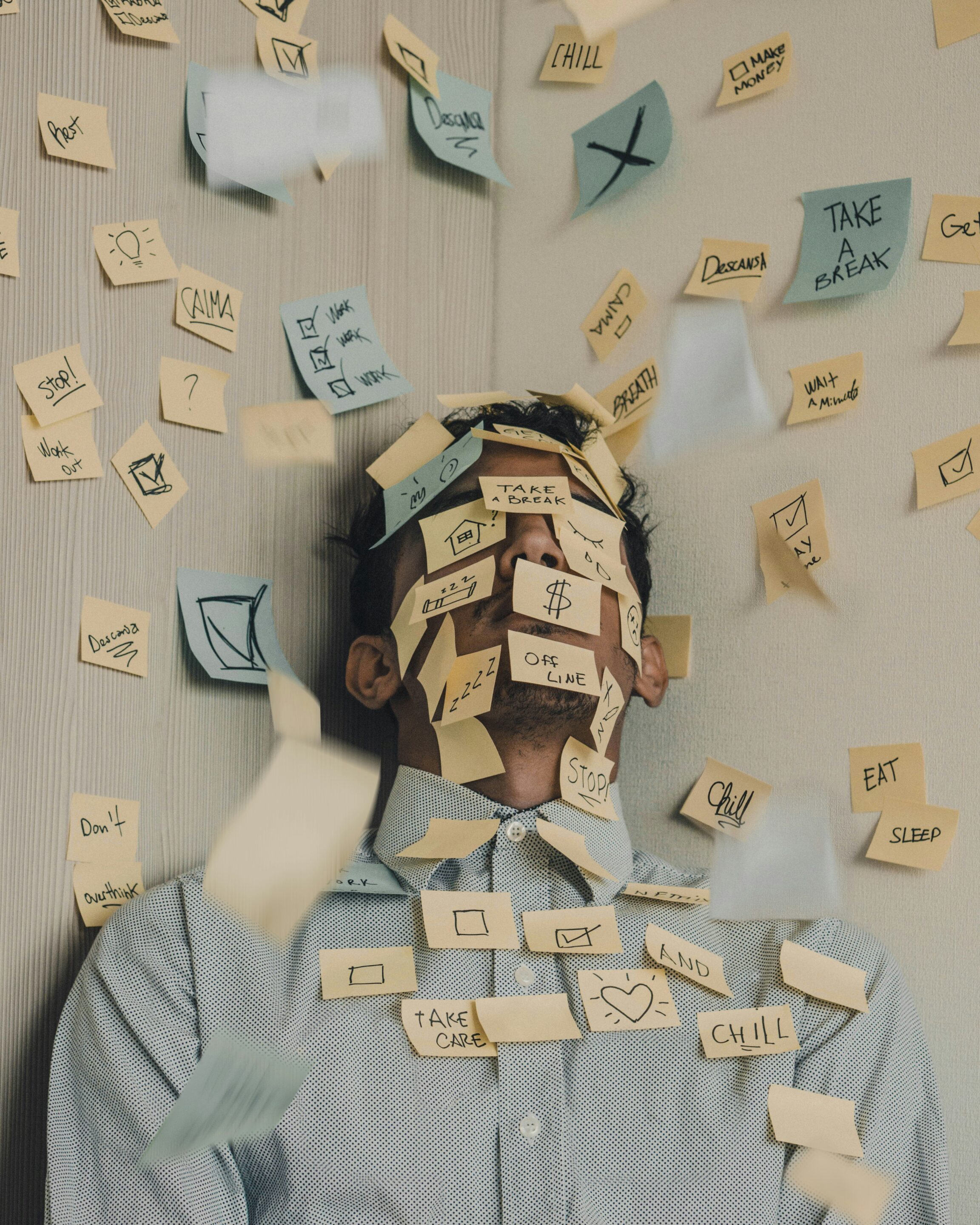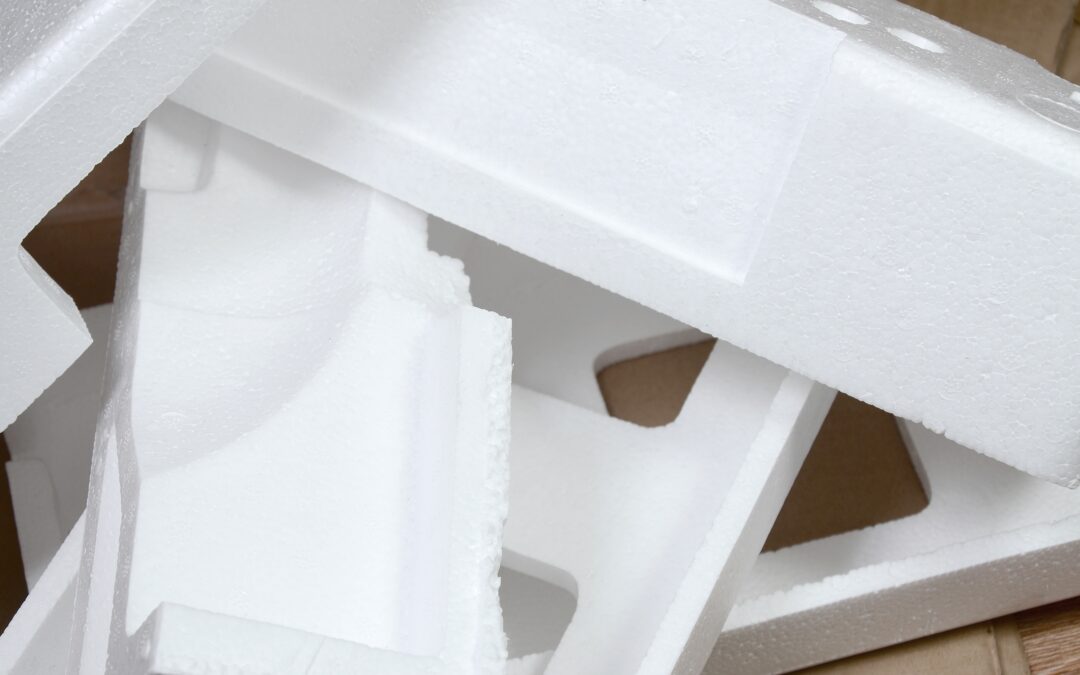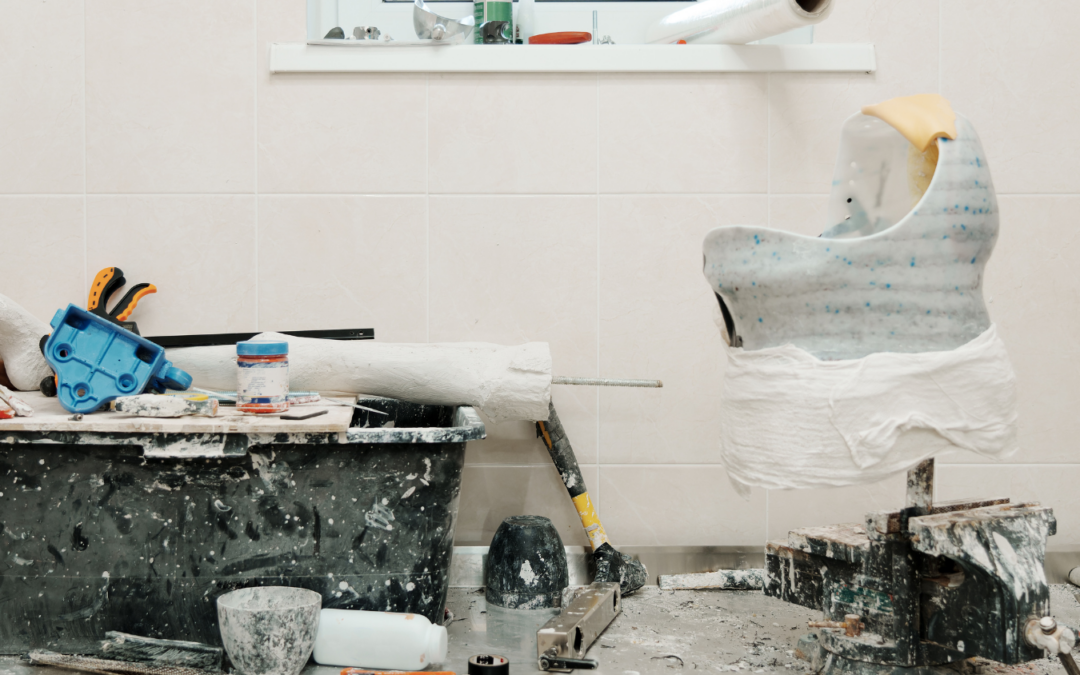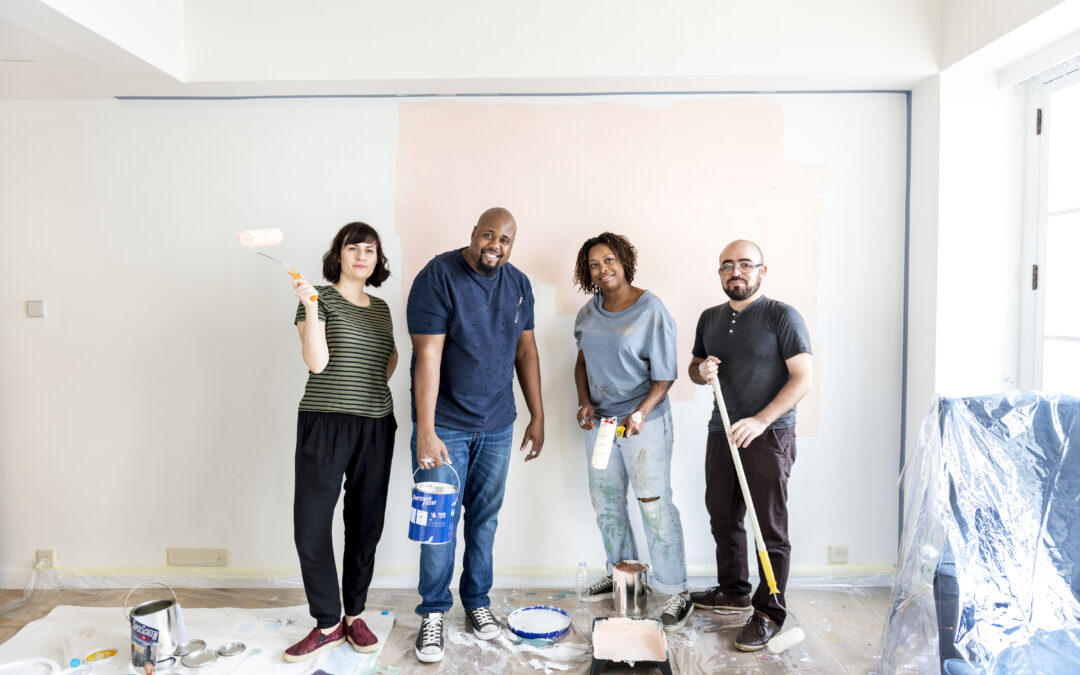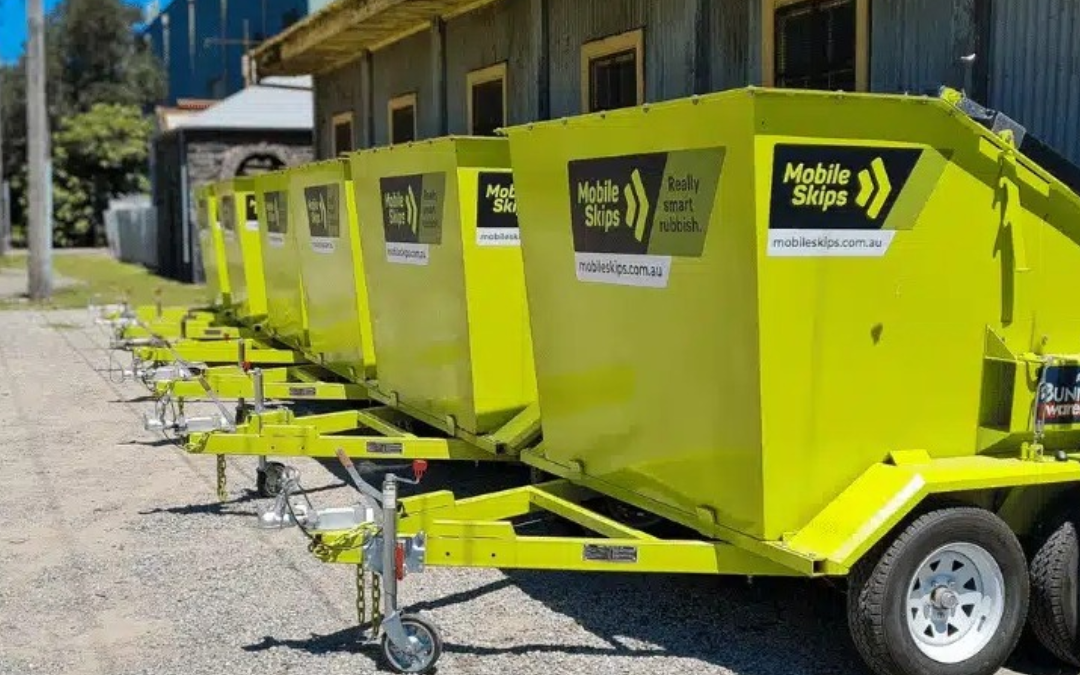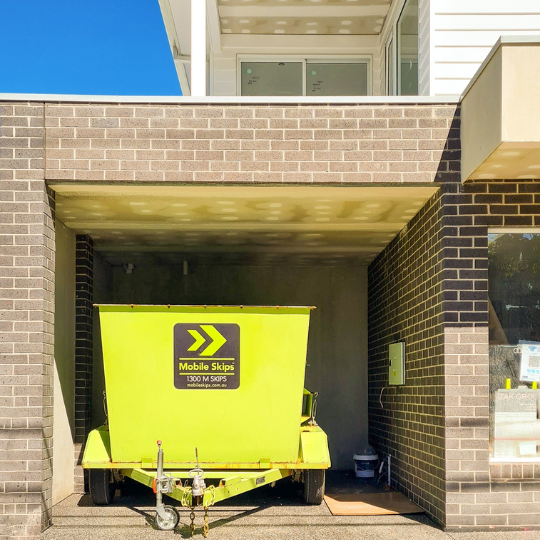Decluttering for Mental Health
A tidy space isn’t just easy on the eyes; it’s a balm for your mind too. Let’s dig into how clearing out the clutter can lead to a more peaceful, stress-free life.
How Decluttering Reduces Stress
Getting rid of the junk in your home can be a game-changer. As you toss out the unnecessary stuff, you might notice your stress levels dropping too. A study by the University of Connecticut, highlighted by Utah State University Extension, shows that a clean environment can make you happier, less anxious, and more confident.
Here’s how decluttering can help you chill out:
- Sense of accomplishment: Finishing a decluttering task feels great.
- Better environment: A neat space is more relaxing and looks good.
- More control: Taking charge of your space can make you feel empowered.
By decluttering, you’re not just cleaning up; you’re setting the stage for a calmer, happier mind. For some easy tips to get started, check out our decluttering tips for beginners.
Clutter and Anxiety: The Connection
Clutter isn’t just ugly—it can mess with your head too. A messy home can lead to a messy mind, making it hard to focus and get things done. This chaos can stress you out and make you feel overwhelmed.
Plus, WebMD found that women who talked about their homes positively, without mentioning clutter, had lower levels of the stress hormone cortisol. On the flip side, those who described their homes as cluttered or unfinished had higher stress levels.
To create a more peaceful environment and mindset, try adding decluttering and organizing to your routine. Decluttering not only cleans your space but also brings mental perks like:
- Less anxiety: A clutter-free area can lower stress triggers.
- Better focus: Less mess means fewer distractions, so you can concentrate better.
- More well-being: An organized space can make you feel more at peace.
Practical Decluttering Tips
Turning your home into a peaceful retreat can do wonders for your stress levels. With some practical decluttering tips and a bit of organization, you can make your space a sanctuary and boost your mental health.
Daily Decluttering Habits
Building daily habits can keep clutter at bay and make your life a whole lot easier. Try adding a “ten-second tidy” to your routine—just a quick sweep to put things back where they belong. This small step can make a big difference in keeping your space neat.
Here are some habits to kick things off:
- Make Your Bed: Start your day on the right foot by making your bed. It sets a productive tone.
- Sort Mail Daily: Deal with mail as soon as it arrives. File or recycle it to avoid paper piles.
- Ten-Second Tidy: Spend ten seconds before leaving a room to put items back where they belong.
- One-In-One-Out Rule: For every new item you bring in, get rid of one you no longer need.
Organizing Your Space
Once you’ve got your daily habits down, it’s time to organize your space. Break the task into smaller chunks to make it less overwhelming. Tackle one area at a time, like a drawer or a shelf, and work your way through your home.
Here are some organizing tips:
- Categorize Items: Group similar items together so you can easily find what you need and spot duplicates.
- Use Storage Solutions: Get some organizers, baskets, and bins to keep things tidy.
- Label Everything: Label storage containers to make it easier to maintain order.
Decluttering isn’t a one-time thing; it’s an ongoing process. Regularly revisit each area of your home to keep things in check. For more detailed steps on organizing your space, check out our guide on decluttering and organizing.
By adopting these daily habits and organizing strategies, you’ll be well on your way to a clutter-free home that supports your mental and physical health.
Tackling Decluttering Head-On
Decluttering can feel like trying to climb a mountain, especially when emotions and mental health are in the mix. But knowing the bumps in the road and figuring out how to get past them can make clearing out your space and reducing stress a lot easier.
Sentimental Stuff
Some things in your home might be tough to let go of because they remind you of special times or people. It’s totally normal to feel connected to stuff that brings back memories. But sometimes, these attachments can stop you from having a neat and calm space.
Here’s how to let go without losing the memories:
- Feel Your Feelings: It’s okay to be attached to certain things. Just remember, your memories and relationships aren’t tied to these objects.
- Snap a Pic: If something has sentimental value but is just taking up space, take a photo. This way, you keep the memory without the clutter.
- Set Boundaries: Decide on a number of sentimental items you’ll keep. Be picky about what really matters.
supportive friends and family who can help.
Decluttering for Physical Health
Tidying up your home isn’t just about making it look nice; it’s also crucial for your physical health. Decluttering can help reduce allergens and improve your sleep quality, both of which are key to staying healthy.
Breathe Easier: Preventing Asthma and Allergies
A clutter-free home means less dust, mold, and mildew—common triggers for asthma and allergies. Fewer items mean fewer surfaces for these allergens to settle on. According to WebMD, a tidy living space can help prevent the build-up of dust and pests that can worsen respiratory issues.
To keep your home allergen-free, try using a decluttering checklist for home to stay on top of areas that need regular cleaning. Adding decluttering and cleaning to your routine can make a big difference in maintaining a healthy environment.
Sleep Tight: Improving Sleep Quality
Your bedroom should be a peaceful retreat, but clutter can make it feel chaotic and disrupt your sleep. A decluttered room can create a calming atmosphere, making it easier to fall asleep and stay asleep.
To improve your sleep, start by decluttering and creating a minimalist bedroom. Reducing excess items not only creates a serene environment but also cuts down on the time you spend tidying up, giving you more time to relax before bed.
Decluttering isn’t just about getting rid of stuff; it’s about creating a healthier lifestyle. By decluttering your home, you’re taking steps to prevent health issues and boost your overall well-being. So why not start your journey to a clutter-free life today? Whether you’re decluttering before moving or aiming for stress-free living, remember that a neat and organized space can do wonders for your physical health.
The Psychological Impact of Decluttering
Decluttering isn’t just about tidying up your space; it’s a game-changer for your mental health. Let’s dive into how clearing out the clutter can boost your mood and sharpen your mind.
Emotional Boost
Your home’s vibe can seriously mess with your emotions. A clutter-free space can make you feel calm and happy, giving you a sense of control. According to WebMD, women who saw their homes positively had lower stress hormone levels than those who felt their homes were chaotic.
Here’s how decluttering helps your emotional health:
- Lifts your mood and makes you happier
- Gives you a sense of control and empowerment
- Cuts down on stress and anxiety
Want to feel these benefits? Start small. Tackle that mountain of paperwork or sort through your jam-packed closet. Need a hand? Check out our decluttering checklist for home or learn about decluttering and mindfulness.
Clearer Mind
A messy space equals a messy mind. Clutter can mess with your focus, create confusion, and stress you out. All that visual chaos can overwhelm your brain, making it hard to get things done, as noted by Verywell Mind.
Decluttering helps your brain chill out and focus on what matters. Cleaning up can be super calming and give you a sense of achievement. It’s especially helpful when you’re stressed out.
Decluttering isn’t just about a neat home—it’s about a peaceful mind. Each step you take not only tidies up your space but also boosts your mental health. Whether you need decluttering and organizing services or tips on decluttering to reduce stress, remember that a clutter-free space leads to a clear and calm mind.
Creating a Clutter-Free Environment
Getting rid of clutter isn’t just about tidying up; it’s about creating a space that feels good to live in. An organized home can make a huge difference in how you feel and think every day.
Why Organized Spaces Matter
Keeping your living space organized isn’t just about aesthetics; it’s about your mental and physical health. As Peter Walsh says, “Clutter isn’t just the stuff on the floor. It’s anything that gets between you and the life you want to be living”. A messy home can lead to a messy mind, where both physical and mental space is taken up by unnecessary stuff.
Tips for Decluttering Success
Decluttering isn’t just about tossing things out; it’s about setting up systems to keep clutter from coming back. Here are some tips to help you keep your space clutter-free:
- Set Clear Goals: Know what you want to achieve with your decluttering. Whether it’s to declutter before moving or to embrace minimalist home decluttering, having clear goals will guide you.
- Start Small: Focus on one area at a time to avoid feeling overwhelmed. You might start with a decluttering checklist for home that breaks down tasks step-by-step.
- Regular Maintenance: Develop daily habits to keep clutter at bay. This could be as simple as making your bed every morning or doing a quick 10-minute tidy-up each night.
- Smart Storage Solutions: Use decluttering and storage solutions like bins, baskets, and dividers to keep things organized.
- One In, One Out Rule: When you get something new, make sure to donate, sell, or recycle an old item to prevent accumulation. This is key for maintaining a minimalist wardrobe or kitchen.
- Go Digital: Cut down on paper clutter by opting for digital versions of documents, bills, and photos. Check out decluttering and digital organization for more tips.
- Get Professional Help: If it feels too overwhelming, consider decluttering and organizing services to help you get started.
By following these tips, you can create and maintain a living space that’s not only nice to look at but also good for your health and productivity. Remember, decluttering is an ongoing process that helps you live a more mindful and intentional life. Check out more decluttering and organizing tips to turn your home into a peaceful, stress-free haven.

